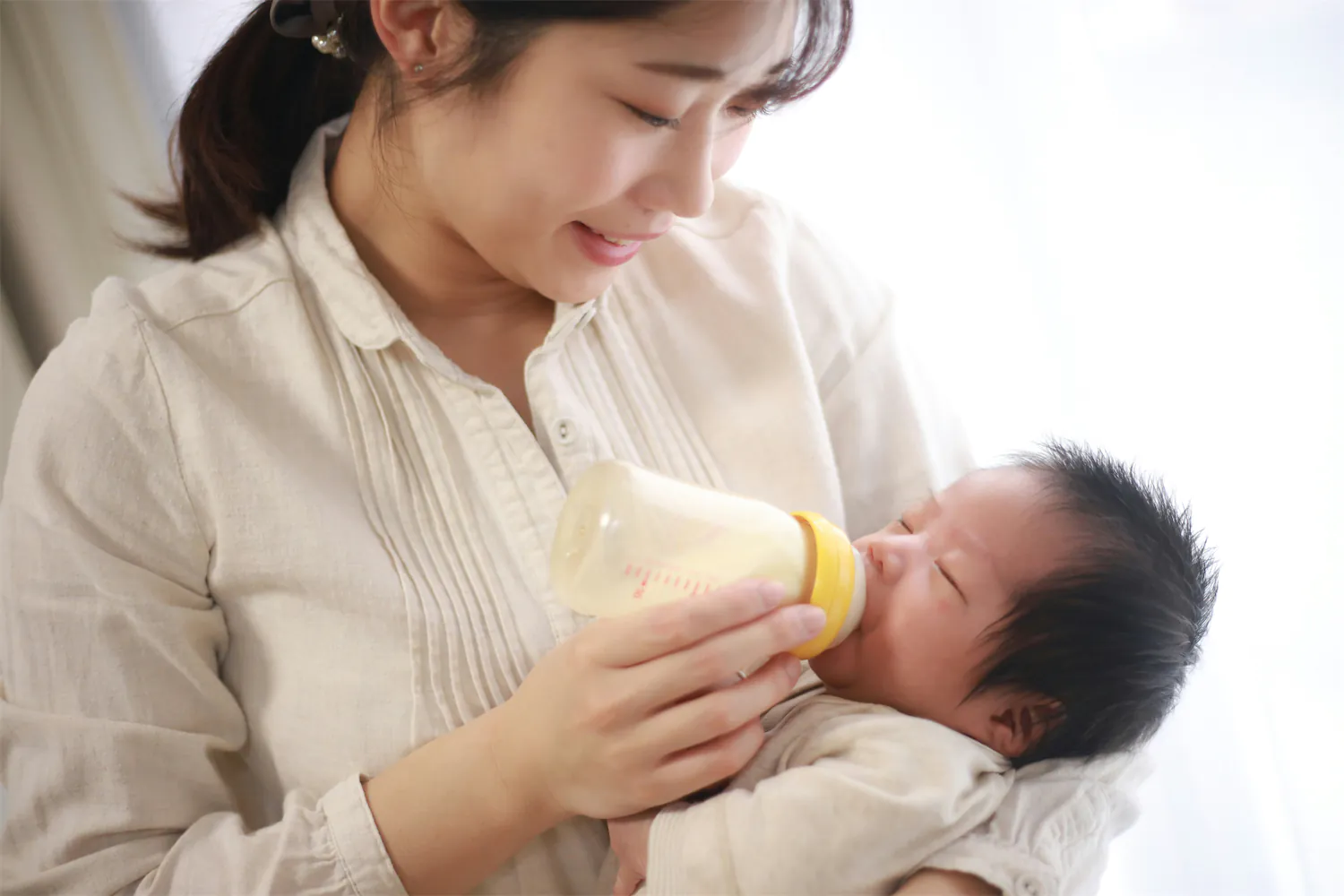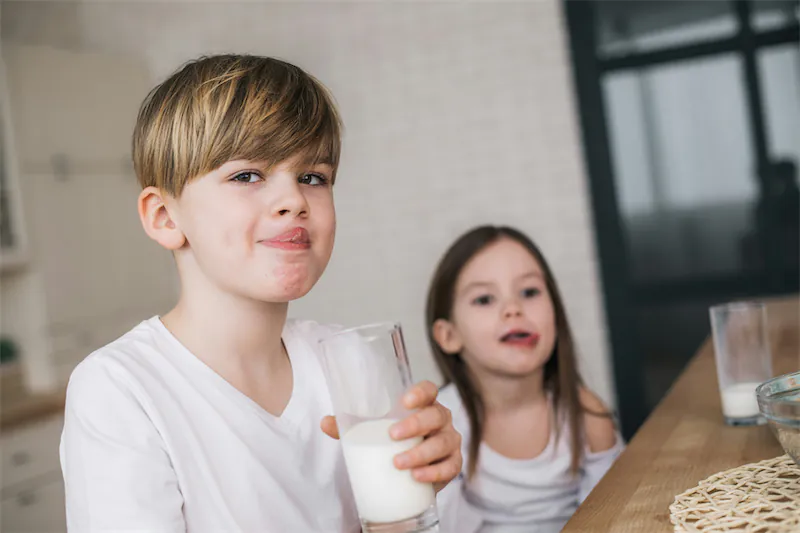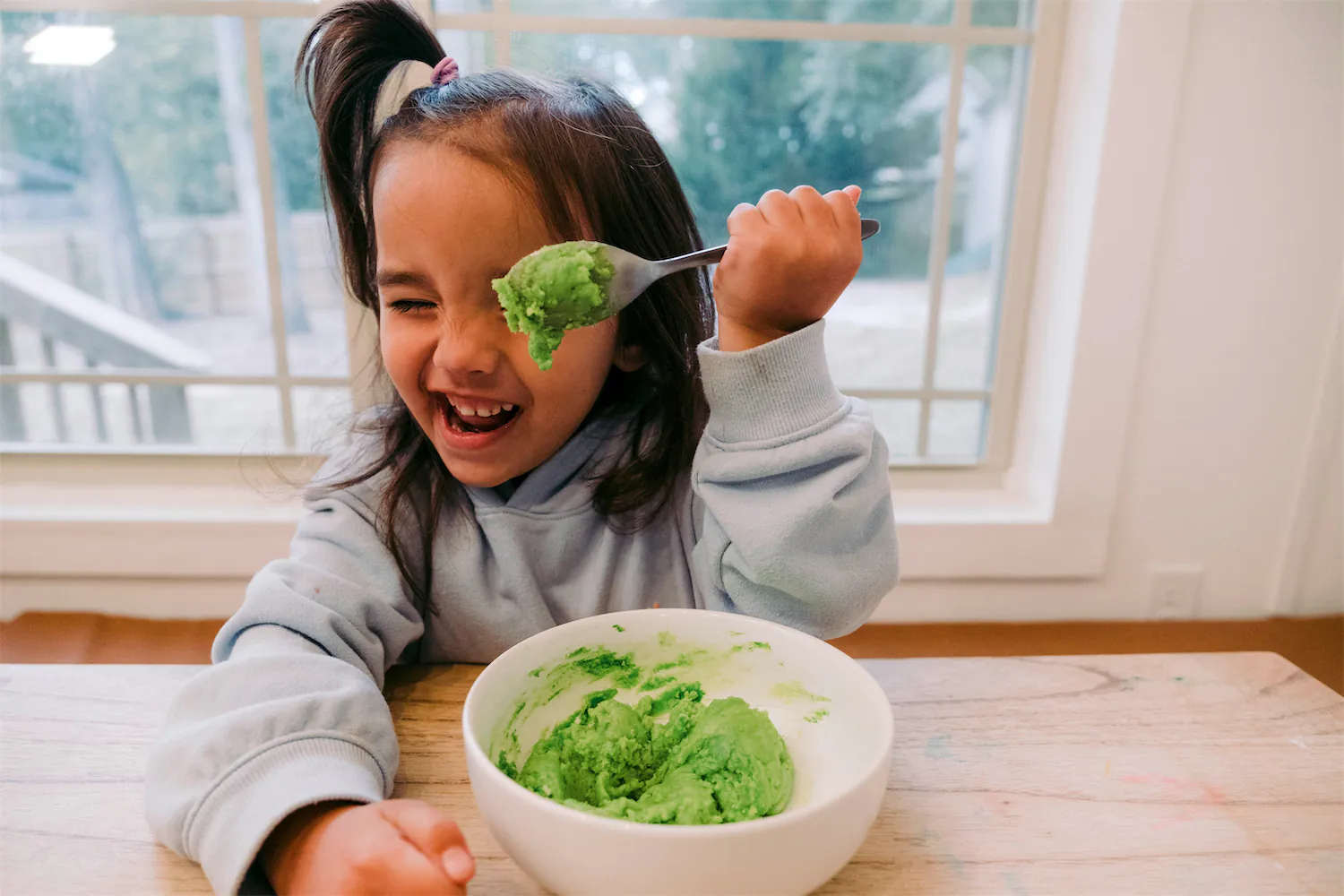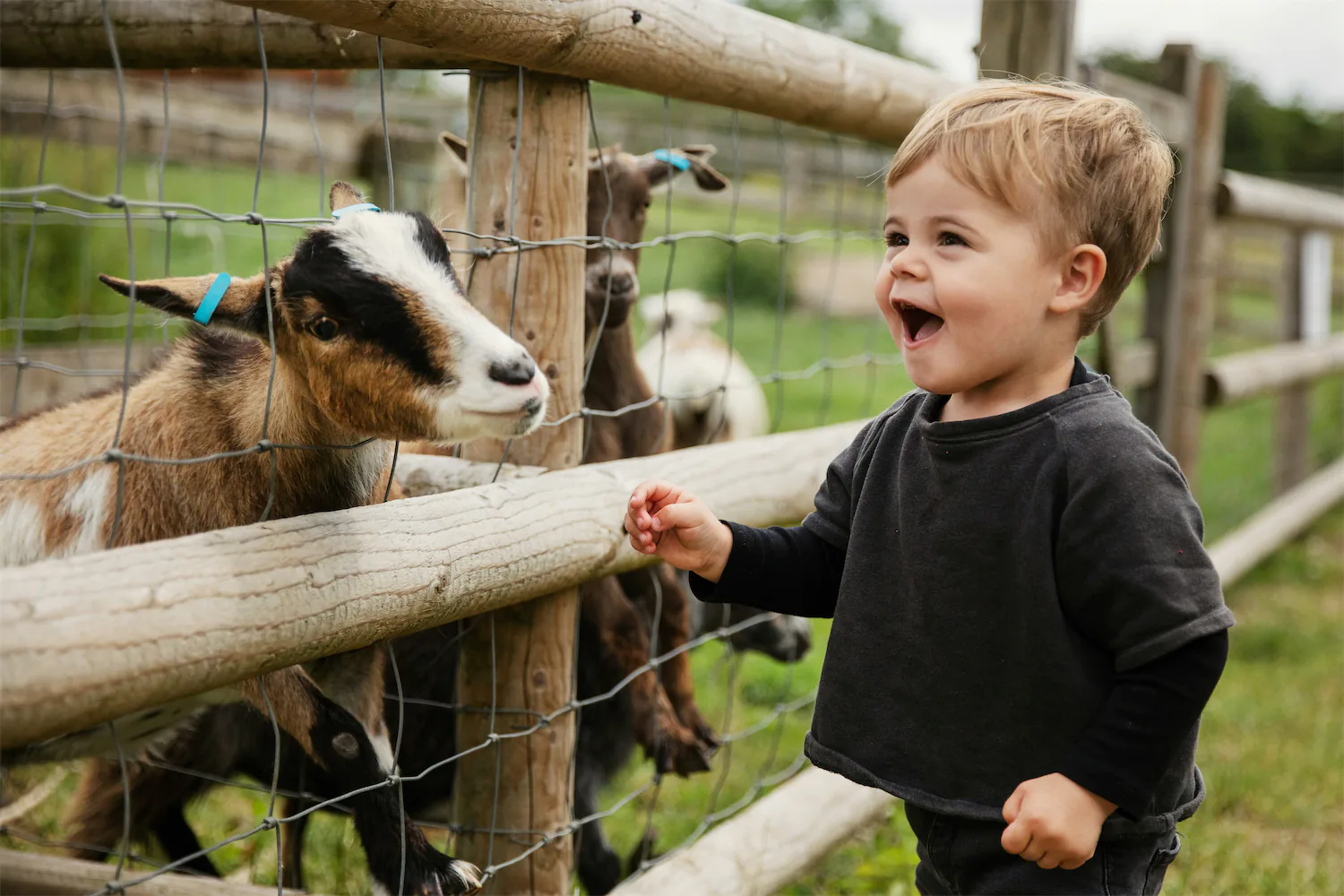Preparing a warm bottle: breastmilk vs infant formula
Preparing a warm bottle: breastmilk vs infant formula
Becoming a parent comes with countless questions. One everyday question that we hear a lot is how to warm up a bottle for your baby. To help you through those sleepless nights, Nicole Silber, RD, CSP, CLC, Summer Health’s lactation expert, has tips on warming breast milk or baby formula safely and to the perfect temperature.
Becoming a parent comes with countless questions. One everyday question that we hear a lot is how to warm up a bottle for your baby. To help you through those sleepless nights, Nicole Silber, RD, CSP, CLC, Summer Health’s lactation expert, has tips on warming breast milk or baby formula safely and to the perfect temperature.

Dahlia Rimmon, RDN
Content Writer

Nicole Silber, RD, CSP, CLC
Dietitian



Safely storing milk
Breast milk and infant formula require special handling and have strict storage guidelines. These guidelines are in place because babies have developing immune systems, and are more susceptible to foodborne illness. Unlike cow’s milk, breast milk lacks preservatives and pasteurization, which helps reduce bacterial content in milk. Also, the fat content in breast milk and infant formula breaks down over time, and babies need this fat for proper growth and development.
While powdered infant formula has a long shelf life, once it’s mixed with water, the shelf life decreases. This is because bacteria from the water can contaminate the prepared formula.
Breast milk storage
Here are a few methods for safely storing unused breast milk:
Up to 4 hours at room temperature
4 to 5 days in the fridge
3 to 6 months in the freezer
6 to 12 months in a deep freezer
24 hours after thawing
Once thawed, breast milk cannot be refrozen
Here are some useful tips for storing breast milk:
To reduce the risk of bacterial contamination, wash your hands and ensure all baby bottles and storage parts are clean before storing breast milk.
Label baby bottles or storage bags with the date of expression to keep track of the shelf-life.
Labeling your storage bags will help you practice a First In, First Out (FIFO) approach, so you can use the oldest milk first.
If you decide to freeze unused breast milk, label it and promptly freeze it after expression.
Store breast milk in small portions, such as 2 or 4 ounces at a time. You never know how much your baby will drink, and once it’s used or thawed, you have a limited time to use it.
Used breast milk
If you’ve given your baby a bottle of breast milk, you cannot store the leftovers as it’s already contaminated by bacteria from your baby’s mouth. Once your baby has finished the bottle, any remaining milk is only safe for one more hour.
Infant formula storage
Here are a few methods for safely storing unused infant formula:
Up to 2 hours at room temperature
Up to 24 hours in the fridge
It is not recommended to freeze prepared formulas (per infant formula manufacturers)
Milk temperature
Most babies prefer to drink warm or room-temperature breast milk or infant formula. If your baby prefers warm milk, heat up their bottle before serving it.
Here are a few ways to safely warm up a bottle of breast milk or infant formula:
Use a baby bottle warmer
Place a thawed storage bag of breast milk under warm, running water for a few minutes
Place a thawed storage bag of breast milk in a bowl of warm water for up to 15 minutes
When offering your baby a bottle of warmed breast milk, test it first. The temperature might be on the edge of warm and hot, and you don’t want to burn your baby’s mouth or throat.
With that in mind, never warm breast milk or infant formula in the microwave. While a microwave may seem like a convenient option, it's not safe. Microwaving can create uneven heating and hot spots, which can be dangerous for your baby. Additionally, it's unsafe to boil formula or breast milk, or add boiling water and mix it into breast milk or formula. Once the bottle of breast milk or infant formula is warm, you should use it within 4 hours.
FAQs: Preparing a warm baby bottle
Here are some commonly asked questions about warming up milk for your baby:
Can you reheat breast milk or formula?
You can reheat breast milk or infant formula within an hour of starting the feed.
Are baby bottle warmers necessary?
Baby bottle warmers can be convenient for busy parents, but they are unnecessary. If you’re considering one, baby formula dispensers can automatically mix formula and water together and heat a bottle to the right temperature every time.
Can I give my baby cold milk?
Yes, you can give your baby cold milk. Some babies enjoy it.
Can I use a portable bottle warmer?
Yes, portable bottle warmers can be a convenient option for heating milk on the go or while traveling.
Do breastfed babies prefer bottles of warm milk?
Breastfed babies may prefer warm milk because breast milk is warm when babies nurse.
Can I use warm tap water to prepare infant formula?
Yes, you can use safe, clean tap water. Check with your local government to ensure your tap water is safe to drink.
Why does thawed breast milk smell different?
Thawed breast milk may have a strange smell due to the breakdown of fat. This is natural, as breast milk contains no preservatives and isn’t processed.
Can I warm breast milk in boiling water or on the stovetop?
It is not safe to warm breast milk on the stovetop because it can burn the milk and damage baby bottles.
Safely storing milk
Breast milk and infant formula require special handling and have strict storage guidelines. These guidelines are in place because babies have developing immune systems, and are more susceptible to foodborne illness. Unlike cow’s milk, breast milk lacks preservatives and pasteurization, which helps reduce bacterial content in milk. Also, the fat content in breast milk and infant formula breaks down over time, and babies need this fat for proper growth and development.
While powdered infant formula has a long shelf life, once it’s mixed with water, the shelf life decreases. This is because bacteria from the water can contaminate the prepared formula.
Breast milk storage
Here are a few methods for safely storing unused breast milk:
Up to 4 hours at room temperature
4 to 5 days in the fridge
3 to 6 months in the freezer
6 to 12 months in a deep freezer
24 hours after thawing
Once thawed, breast milk cannot be refrozen
Here are some useful tips for storing breast milk:
To reduce the risk of bacterial contamination, wash your hands and ensure all baby bottles and storage parts are clean before storing breast milk.
Label baby bottles or storage bags with the date of expression to keep track of the shelf-life.
Labeling your storage bags will help you practice a First In, First Out (FIFO) approach, so you can use the oldest milk first.
If you decide to freeze unused breast milk, label it and promptly freeze it after expression.
Store breast milk in small portions, such as 2 or 4 ounces at a time. You never know how much your baby will drink, and once it’s used or thawed, you have a limited time to use it.
Used breast milk
If you’ve given your baby a bottle of breast milk, you cannot store the leftovers as it’s already contaminated by bacteria from your baby’s mouth. Once your baby has finished the bottle, any remaining milk is only safe for one more hour.
Infant formula storage
Here are a few methods for safely storing unused infant formula:
Up to 2 hours at room temperature
Up to 24 hours in the fridge
It is not recommended to freeze prepared formulas (per infant formula manufacturers)
Milk temperature
Most babies prefer to drink warm or room-temperature breast milk or infant formula. If your baby prefers warm milk, heat up their bottle before serving it.
Here are a few ways to safely warm up a bottle of breast milk or infant formula:
Use a baby bottle warmer
Place a thawed storage bag of breast milk under warm, running water for a few minutes
Place a thawed storage bag of breast milk in a bowl of warm water for up to 15 minutes
When offering your baby a bottle of warmed breast milk, test it first. The temperature might be on the edge of warm and hot, and you don’t want to burn your baby’s mouth or throat.
With that in mind, never warm breast milk or infant formula in the microwave. While a microwave may seem like a convenient option, it's not safe. Microwaving can create uneven heating and hot spots, which can be dangerous for your baby. Additionally, it's unsafe to boil formula or breast milk, or add boiling water and mix it into breast milk or formula. Once the bottle of breast milk or infant formula is warm, you should use it within 4 hours.
FAQs: Preparing a warm baby bottle
Here are some commonly asked questions about warming up milk for your baby:
Can you reheat breast milk or formula?
You can reheat breast milk or infant formula within an hour of starting the feed.
Are baby bottle warmers necessary?
Baby bottle warmers can be convenient for busy parents, but they are unnecessary. If you’re considering one, baby formula dispensers can automatically mix formula and water together and heat a bottle to the right temperature every time.
Can I give my baby cold milk?
Yes, you can give your baby cold milk. Some babies enjoy it.
Can I use a portable bottle warmer?
Yes, portable bottle warmers can be a convenient option for heating milk on the go or while traveling.
Do breastfed babies prefer bottles of warm milk?
Breastfed babies may prefer warm milk because breast milk is warm when babies nurse.
Can I use warm tap water to prepare infant formula?
Yes, you can use safe, clean tap water. Check with your local government to ensure your tap water is safe to drink.
Why does thawed breast milk smell different?
Thawed breast milk may have a strange smell due to the breakdown of fat. This is natural, as breast milk contains no preservatives and isn’t processed.
Can I warm breast milk in boiling water or on the stovetop?
It is not safe to warm breast milk on the stovetop because it can burn the milk and damage baby bottles.
Summer Health offers fast and reliable pediatric urgent care through online doctors, all via text. Whether you’re worried about your baby's fever, rashes, or other children's health concerns, we provide expert advice and support anytime, right from your phone.

Never miss a post!
Sign up for our newsletter to receive articles and guides directly to your inbox!
















